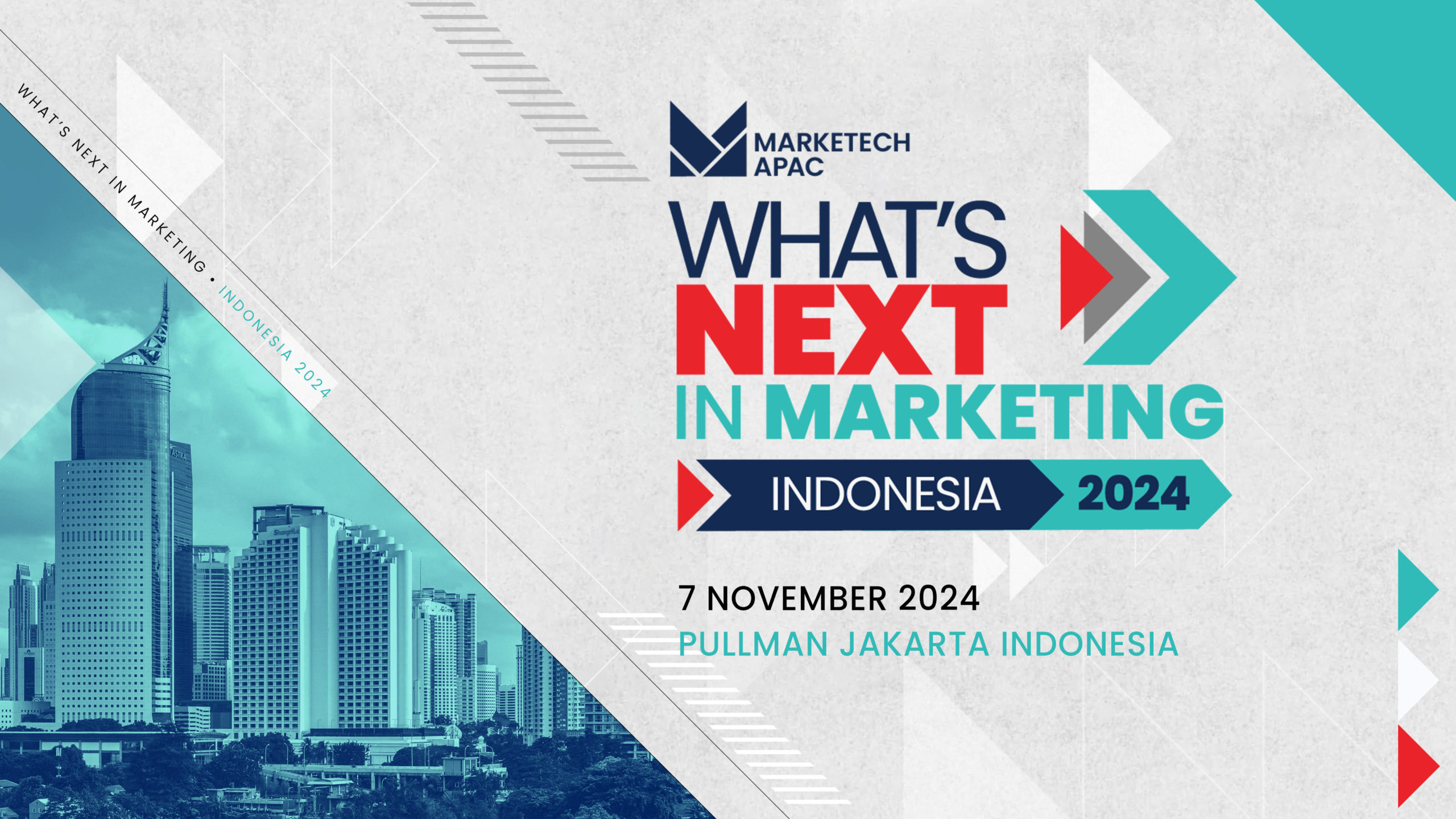Singapore – The use of generative artificial intelligence (AI) is among the top three business priorities for 87% of Singapore C-suite executives, new Salesforce research reveals.
According to a survey of 221 large business leaders in Singapore, 48% report employing a well-defined generative AI strategy in their businesses, while 47% have begun working on a generative AI strategy. The study suggests that companies that are not implementing AI may fall behind competitors.
Key motivations for using generative AI strategies in their team include the companies’ goals to be perceived as up-to-date in technology adoption (43%), remaining competitive (42%), and ensuring innovative customer and employee experiences (42%).
The research reveals that generative AI is expected to have the most significant impact on information technology (40%), operations (33%), finance (29%), and customer service (28%).
However, C-suite executives also identified hindrances to adopting generative AI, including lack of accessibility, lack of skill-building, incomplete customer or company data to train AI, lack of governance, and inaccurate outputs from generative AI.
“As CEOs look at AI to deliver measurable value and remain competitive, their first step should be unifying their data. Every conversation I have with business leaders about AI inevitably comes back to data and overcoming silos to increase the impact and accuracy of AI. Without building a cohesive view of the customer, Generative AI initiatives will fall short,” Sujith Abraham, senior vice president and general manager of ASEAN at Salesforce, said.
“The good news is that it’s possible to bring your data together, efficiently, without actually moving it through innovations like zero-copy. Innovations like this will differentiate each organisation’s ecosystem of autonomous agents, humans and AI and how well they drive customer success at scale,” Abraham added.


















